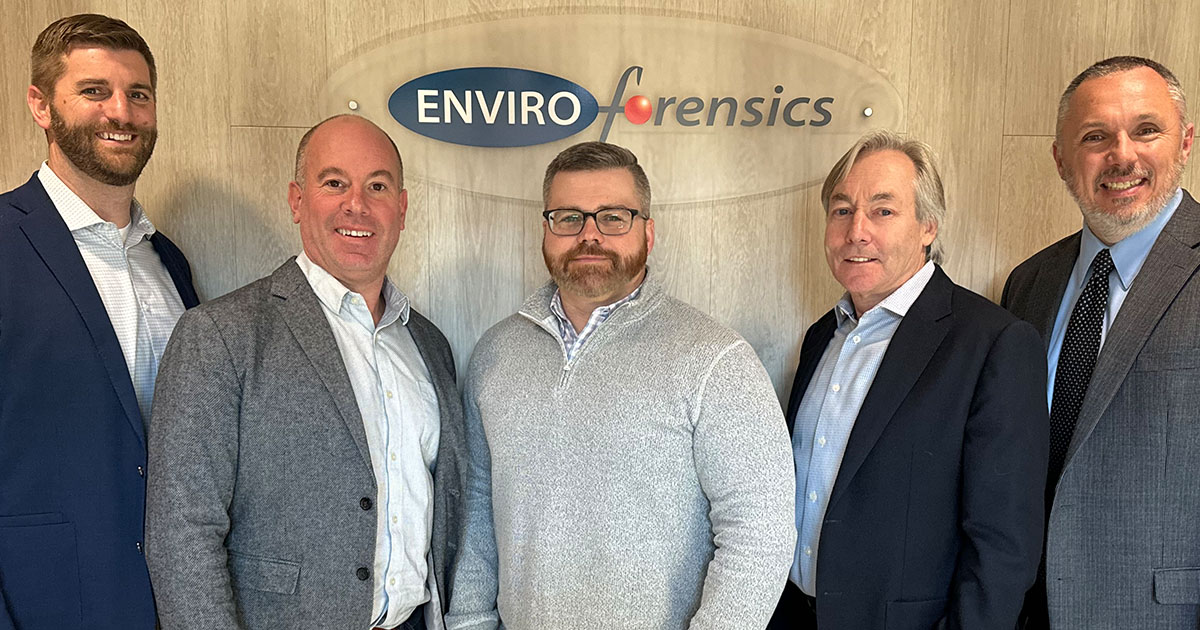For nearly 20 years, EnviroForensics has been one of the industry’s leading environmental engineering firms. In that time, we’ve often seen how our clients can feel worried, and perhaps even overwhelmed, when environmental investigation and remediation becomes necessary. They ask us:
- What does remediation mean for our business?
- What are our legal concerns?
- How will we pay for all of this?
The regulatory process of cleaning up contamination can be daunting and scary if you find yourself in need of responding to environmental problems. Fortunately, we’re on your side to help make the process go as smoothly as possible. Here’s where you need to begin:
1) Be Proactive – If you suspect remediation is required, maintaining as much control of the process as you can is in your best interest. Start by gathering as much historical insurance and business documentation as possible, so you’re prepared as the situation unfolds. As we’ve noted before, if environmental contamination is discovered and you are named a Potentially Responsible Party (PRP) you’re on the clock to solve the problem, and the regulatory agency doesn’t give much thought to your ability to pay for testing, legal expenses, and cleanup. Being proactive allows you to guide the process and strategically incorporate the option of funding by way of old insurance policies.
2) Research Your Insurance – The best option for dry cleaners dealing with the potential costs of environmental remediation is to find old comprehensive general liability (CGL) insurance policies. Prior to 1985, many insurance companies did not include language in their policies for absolute pollution exclusion. If CGL policies were purchased before the language changed to exclude environmental contamination, you may be able to use those policies to cover your expenses. Environmental cleanups can cost hundreds of thousands of dollars and take a long time to complete. Investing the upfront time to research your insurance can help your business avoid drastic financial implications.
3) Seek Help – Hoping a problem will just go away is fruitless. If you choose to ignore environmental issues, the result may be catastrophic financial or even legal consequences. When you’re unsure of the status of old insurance policies, you can get help from an insurance archaeologist such as PolicyFind. You may not know where to find old policies or policies purchased by previous owners of the business, but an insurance archaeologist may have success. Found policies can often cover the costs of legal fees and fund the environmental investigation and remediation necessary to improve the condition of the affected land so it meets regulatory requirements.
PolicyFind, which is owned by EnviroForensics, has a high success rate of finding evidence of old policies. If an old policy is uncovered, you want insurance experts on your side that understand the right way to apply your rights to ensure that you benefit from the documentation. Hundreds of thousands of dollars are potentially on the line – getting help from an expert is imperative.
Are you concerned your business needs remediation? Stay in control by following these steps. Contact us today to learn more.



